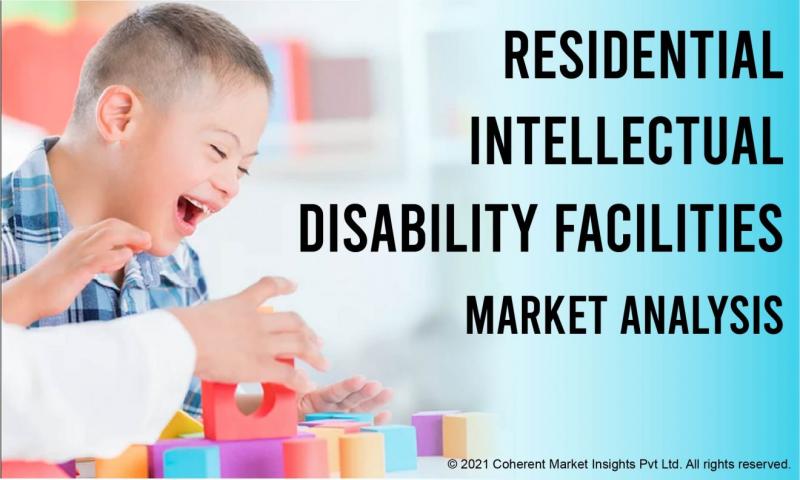Enhancing Quality of Life: Residential Intellectual Disability Facilities and Support Services
Introduction
Residential intellectual disability facilities play a vital role in providing specialized care and support to individuals with intellectual disabilities. These facilities are designed to enhance the quality of life for residents by offering a safe and nurturing environment tailored to their unique needs. Through a combination of personalized care plans, comprehensive support services, and a focus on fostering independence, these facilities aim to empower individuals with intellectual disabilities to lead fulfilling lives. In this article, we will explore how residential intellectual disability facilities enhance the quality of life for their residents through a range of specialized services.
Person-Centered Care
One of the cornerstones of residential intellectual disability facilities is their commitment to person-centered care. Each resident is regarded as a unique individual with distinct strengths, preferences, and needs. Before admission, a comprehensive assessment is conducted to develop an individualized care plan. This plan takes into account the resident's medical history, cognitive abilities, communication preferences, and personal goals. By customizing care to suit each individual, these facilities ensure that residents receive the attention and support they need to thrive.
Supportive Living Environment
A nurturing and supportive living environment is crucial in enhancing the well-being of individuals with intellectual disabilities. Residential facilities are equipped with amenities that cater to the residents' comfort, safety, and engagement. Trained staff members are available around the clock to provide assistance and supervision as required. The facilities are designed to be accessible and inclusive, accommodating the unique mobility needs of residents and promoting a sense of belonging within the community.
Therapeutic Services
Residential intellectual disability facilities often offer a range of therapeutic services aimed at improving residents' physical, emotional, and cognitive well-being. Occupational therapy helps individuals develop life skills, fostering independence in daily tasks such as dressing, cooking, and managing personal hygiene. Speech therapy assists those with communication challenges to express themselves more effectively, promoting social interaction and self-confidence. Additionally, recreational therapy and art-based activities offer creative outlets, promoting self-expression and emotional well-being.
Education and Skill Development
Continuous learning and skill development are integral to enhancing the quality of life for individuals with intellectual disabilities. Residential facilities often provide educational programs tailored to each resident's learning style and pace. These programs focus on developing functional literacy, numeracy, and vocational skills. Moreover, residents may have access to technology and adaptive devices to facilitate their learning and participation in various activities.
Socialization and Community Integration
Socialization and community integration are essential aspects of a fulfilling life. Residential facilities create opportunities for residents to engage in group activities, outings, and community events. This fosters a sense of belonging and encourages meaningful connections with peers and staff members. Community integration programs enable residents to participate in local events and volunteer activities, empowering them to contribute to society and break down barriers.
Family Involvement
Residential intellectual disability facilities recognize the importance of family involvement in residents' lives. Regular family meetings, open communication channels, and visitation policies are established to keep families informed and engaged in the care process. Family members often provide valuable insights into the resident's background and preferences, contributing to the development of individualized care plans.
Transition Planning
As residents' needs evolve over time, residential facilities work on transition planning to ensure a smooth progression into different stages of life. This may involve preparing individuals for the transition from adolescence to adulthood or moving from residential care to semi-independent living arrangements. Transition planning aims to maintain continuity of care and support, empowering residents to adapt successfully to life's changes.
Conclusion
Residential intellectual disability facilities and support services play a crucial role in enhancing the quality of life for individuals with intellectual disabilities. Through person-centered care, supportive living environments, therapeutic services, education, and socialization, these facilities empower residents to lead fulfilling lives with a sense of dignity and independence. By involving families and implementing thoughtful transition planning, residential facilities continue to support individuals throughout their life journey, ensuring a lasting positive impact on their overall well-being.
